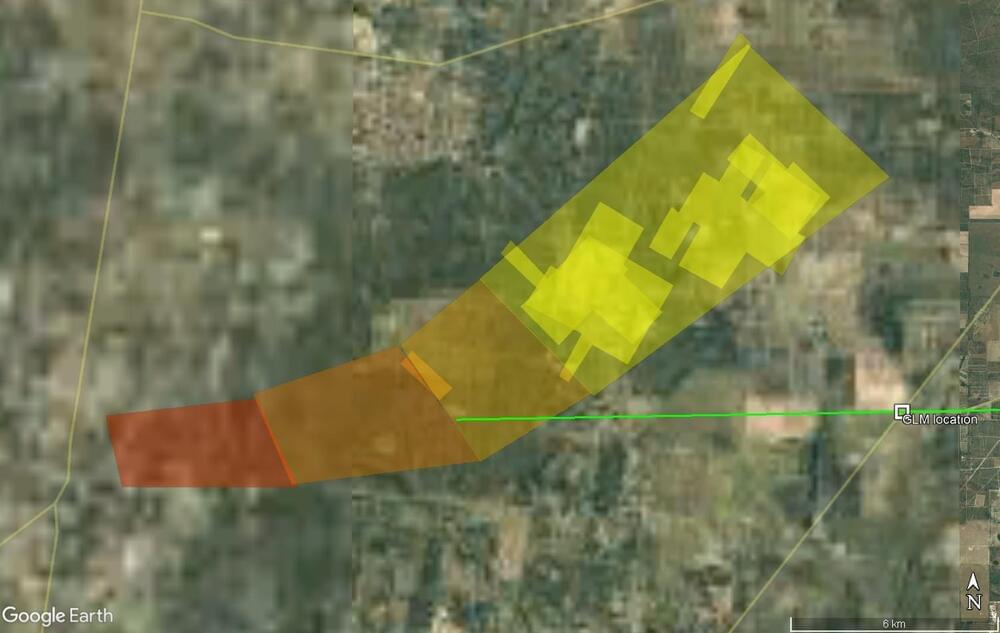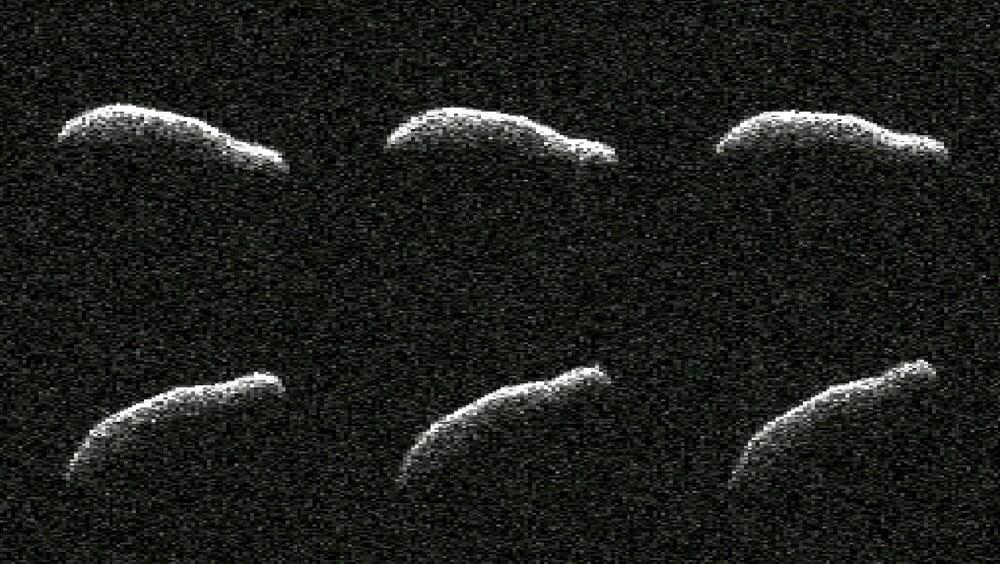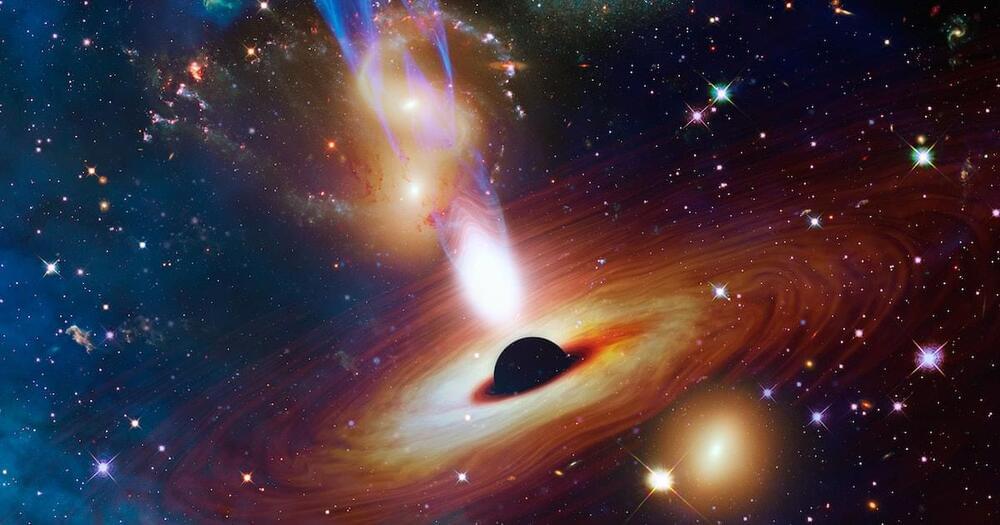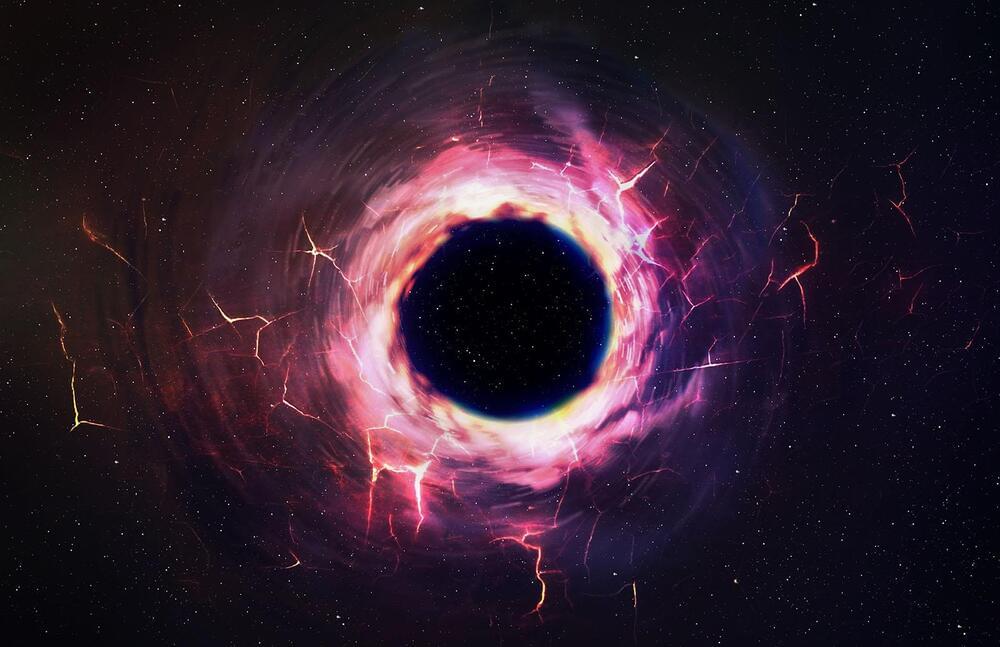Based on analysis of preliminary information from several sources, NASA experts believe the object was a meteoroid about two feet in diameter weighing about 1,000 pounds. The angle and speed of entry, along with signatures in weather radar imagery, are consistent with other naturally occurring meteorite falls. Radar and other data indicate that meteorites did reach the ground from this event.
Although meteorites tend to hit Earth’s atmosphere at high speeds, they slow as they travel through the atmosphere, breaking into small fragments before hitting the ground. Meteorites cool rapidly and generally are not a risk to the public.




